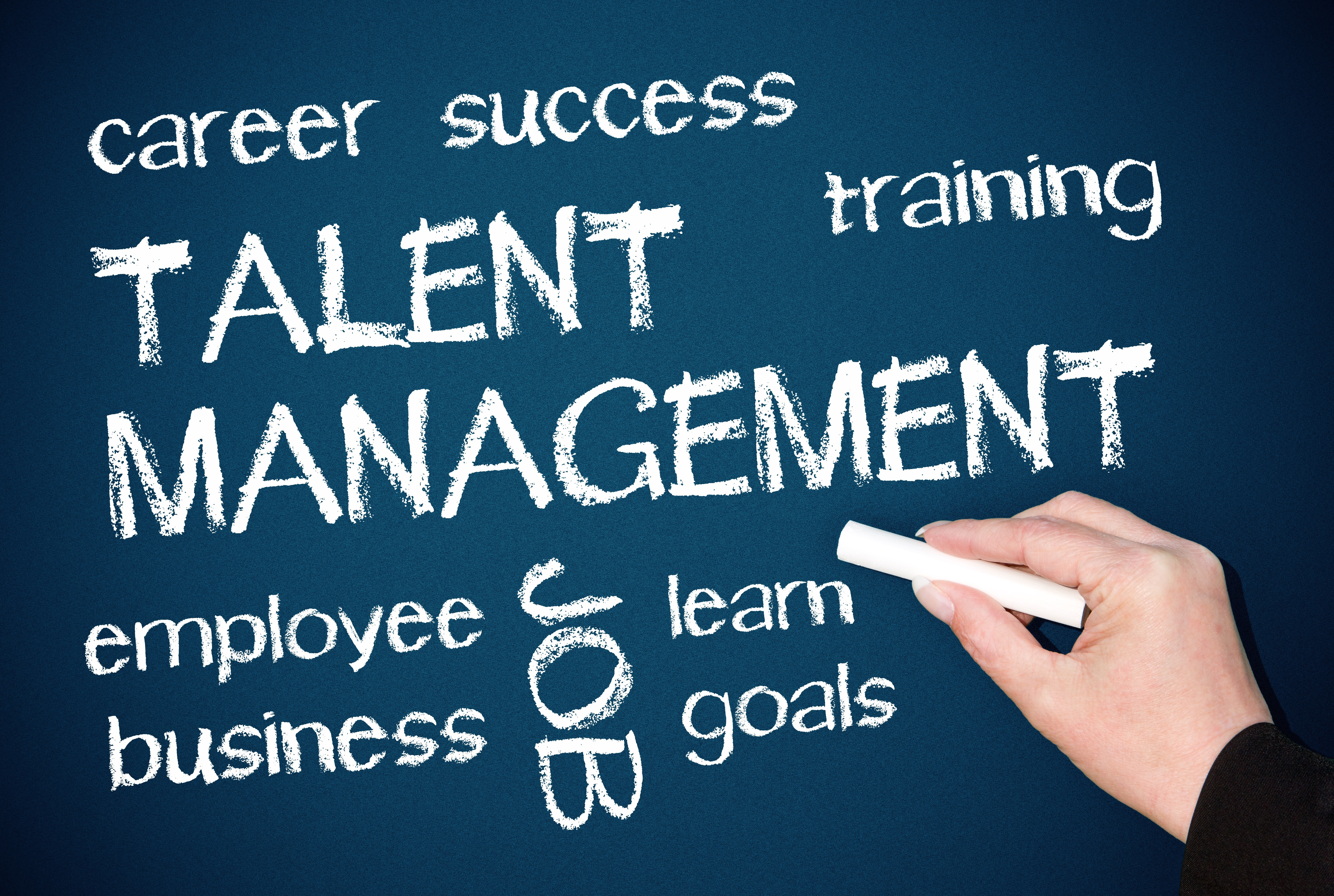In today’s interconnected and diverse workplace, the significance of incorporating Diversity, Equity, and Inclusion (DEI) into talent development cannot be overstated. Organizations that prioritize DEI in their learning initiatives unlock a wealth of opportunities for innovation, collaboration, and long-term success. However, embedding DEI into learning strategies requires intentionality, a deep understanding of organizational challenges, and a commitment to meaningful change.
The Importance of DEI in Talent Development
Diversity, Equity, and Inclusion aren’t just buzzwords, they are critical pillars of a thriving workforce. Here’s why:
- Diversity ensures that people from varied backgrounds, perspectives, and experiences have a voice, fostering creativity and innovation.
- Equity levels the playing field by providing individuals with the resources and opportunities they need to succeed, regardless of their starting point.
- Inclusion cultivates an environment where everyone feels valued, respected, and empowered to contribute their best.
When integrated into learning initiatives, DEI helps bridge skill gaps, reduce biases, and enhance overall organizational performance.
Challenges in Building Inclusive Learning Programs
While the benefits of DEI in learning are clear, implementing such initiatives comes with challenges:
- Bias in Learning Content and Delivery: Unconscious biases can seep into learning materials, case studies, and examples, alienating certain groups.
- Limited Accessibility: Not all learners have equal access to technology, resources, or learning environments.
- Resistance to Change: Employees and leadership may resist DEI efforts due to misconceptions or a lack of understanding.
- One-Size-Fits-All Approaches: Generic learning programs often fail to address the unique needs of diverse learners.
Strategies for Creating Inclusive Learning Opportunities
To overcome these challenges, organizations must adopt deliberate and strategic approaches:
- Design for Accessibility: Ensure learning platforms and content are accessible to all, including individuals with disabilities. This includes providing captioned videos, screen reader compatibility, and multi-format resources.
- Incorporate Diverse Perspectives: Collaborate with diverse stakeholders when designing learning content to ensure varied voices and perspectives are represented.
- Provide Cultural Competency Training: Educate employees on cultural awareness, unconscious bias, and inclusive behaviours to foster a welcoming workplace.
- Personalize Learning Experiences: Use AI and other tools to tailor learning paths to individual needs, preferences, and skill levels.
- Measure Impact: Continuously assess the effectiveness of DEI initiatives through feedback, participation rates, and organizational performance metrics.
The Future of Inclusive Learning
Organizations that embrace DEI in talent development will be better positioned to attract, retain, and empower top talent. Inclusive learning fosters a culture of belonging, where every individual can thrive, innovate, and contribute to the organization’s success.
By embedding DEI into every facet of learning, businesses not only enhance employee development but also drive sustainable growth and resilience. Now is the time to rethink talent development strategies and embrace the transformative power of inclusion.
Let’s make learning a space where everyone can grow together.

